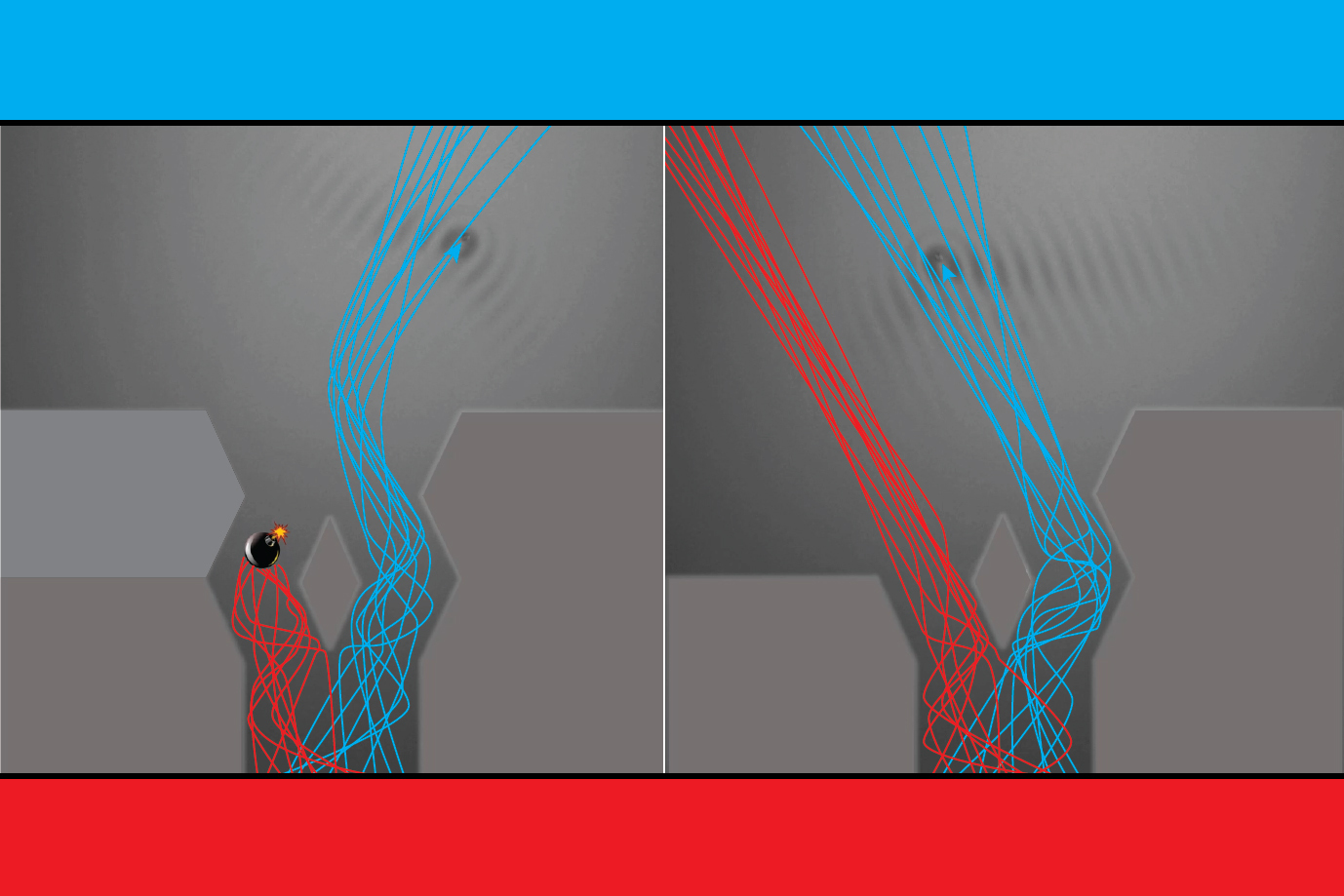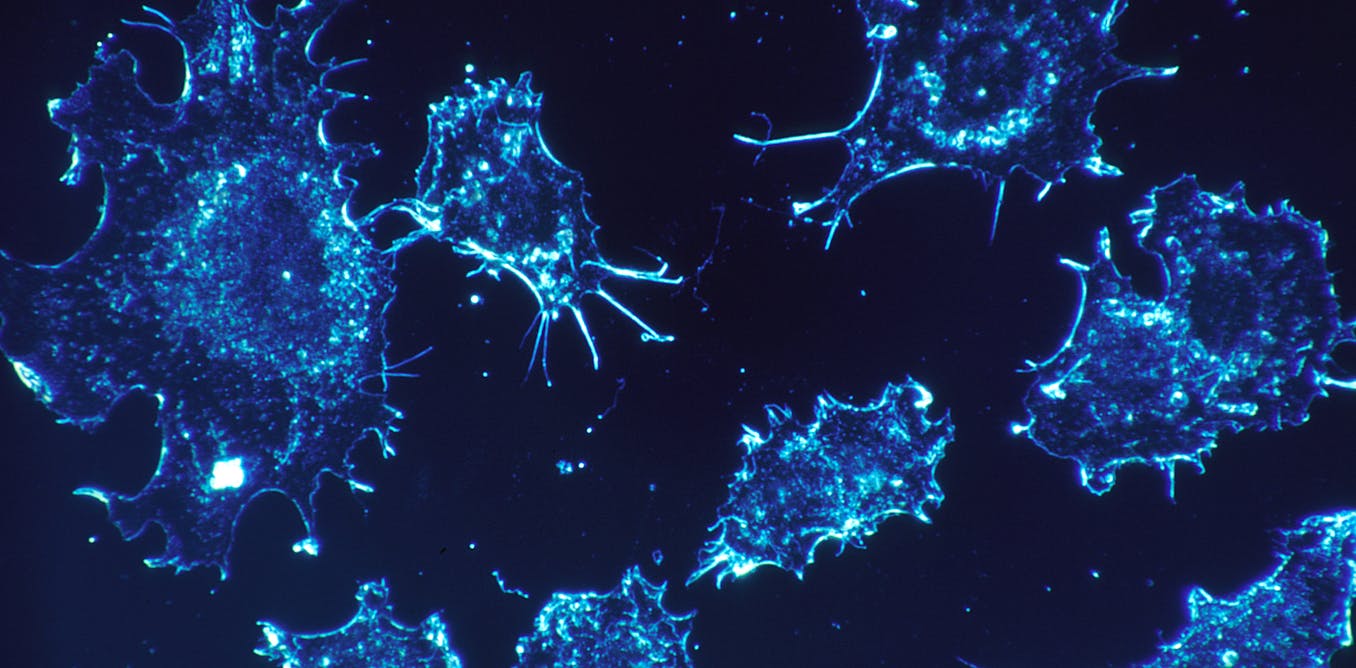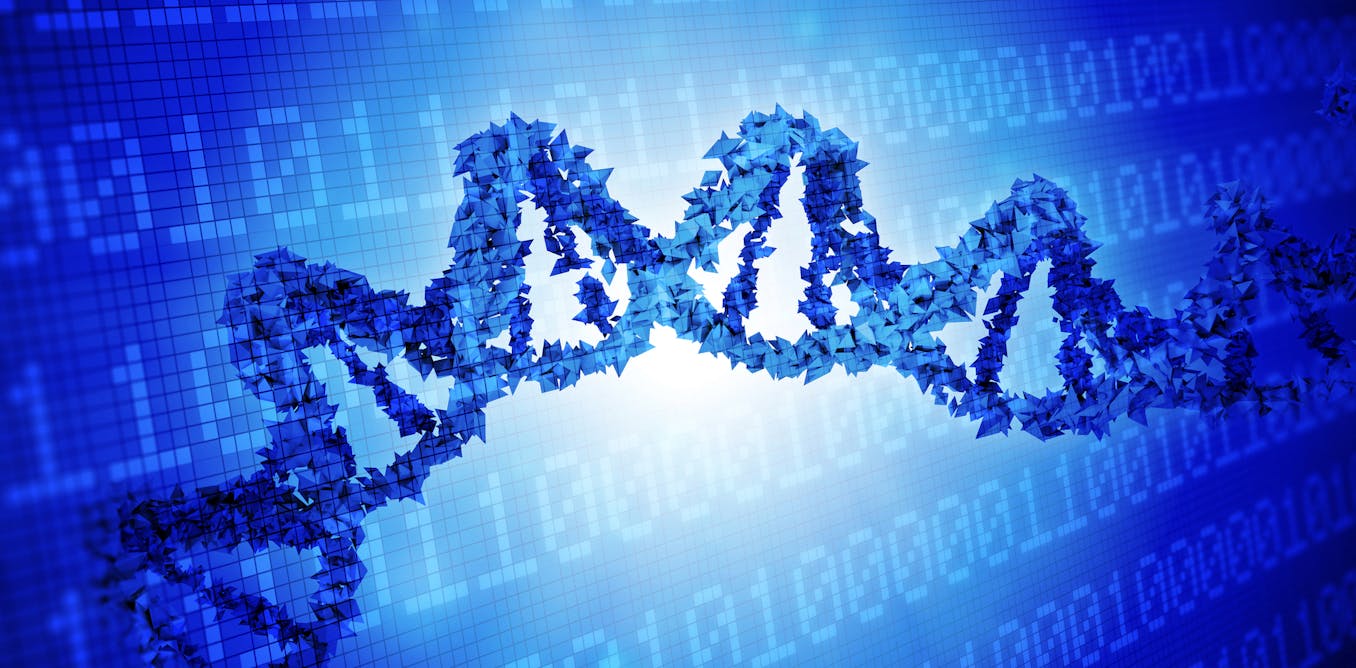Cancer has many faces − 5 counterintuitive ways scientists are approaching cancer research to improve treatment and prevention
From math to evolutionary game theory, looking at cancer through different lenses can offer further insights on how to approach treatment resistance, metastasis and health disparities.
Nov. 1, 2023 • ~11 min
How do astronomers know the age of the planets and stars?
Measuring the ages of planets and stars is tricky. An observational astrophysicist describes the subtle clues that provide good estimates for how old different space objects are.
Oct. 2, 2023 • ~6 min
'Big Bang of Numbers' – The Conversation's book club explores how math alone could create the universe with author Manil Suri
A book-length thought experiment uses math to investigate some of life’s big questions.
Sept. 18, 2023 • ~8 min
3 reasons we use graphic novels to teach math and physics
Graphic novels pair text and images to explain complex topics – from thermodynamics to abstract math – without alienating STEM-averse students.
Aug. 17, 2023 • ~7 min
A brief illustrated guide to 'scissors congruence' − an ancient geometric idea that’s still fueling cutting-edge mathematical research
This is a story about geometry, algebra and many different dimensions, best read with construction paper, scissors and tape on hand.
Aug. 9, 2023 • ~10 min
X marks the unknown in algebra – but X's origins are a math mystery
How did the letter x get its enduring role as a symbol of the unknown? A mathematician explains why it’s hard to say for sure.
Aug. 2, 2023 • ~9 min
Your genetic code has lots of 'words' for the same thing – information theory may help explain the redundancies
Many of the amino acids that make up proteins are encoded by genetic material in more than one way. An information theorist explains how principles of nature may account for this variance.
July 27, 2023 • ~7 min
/
33










